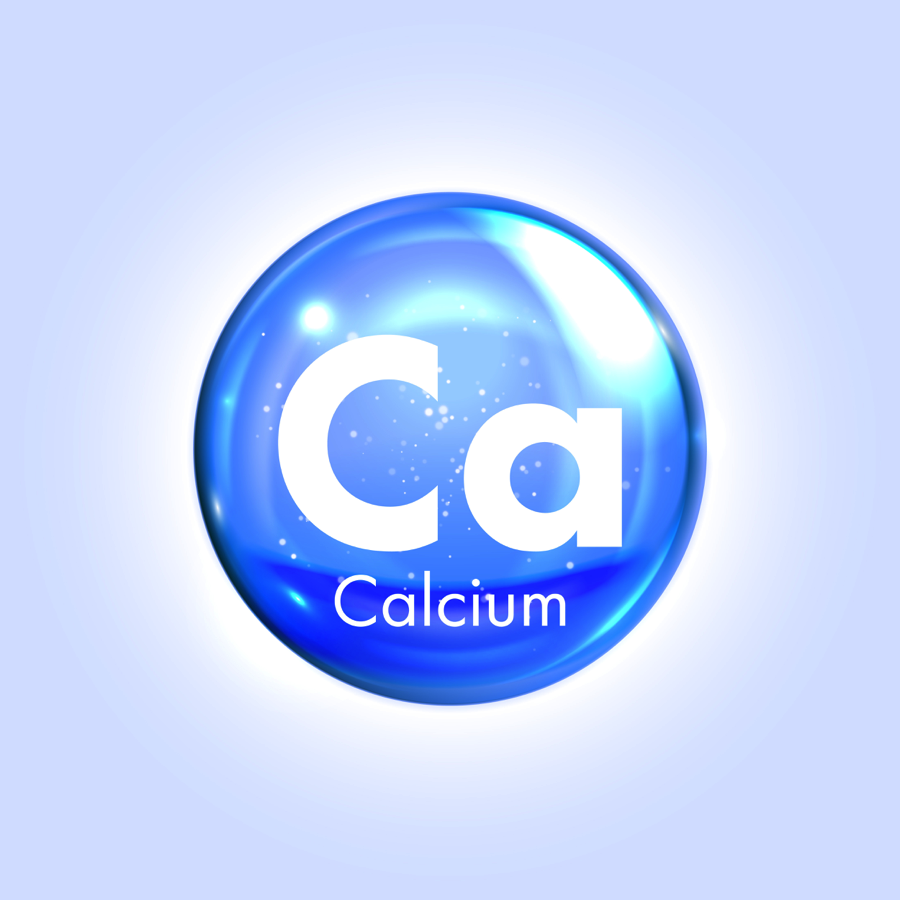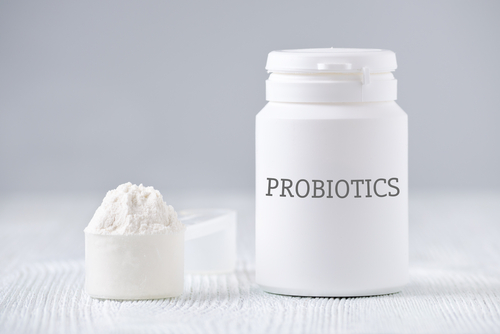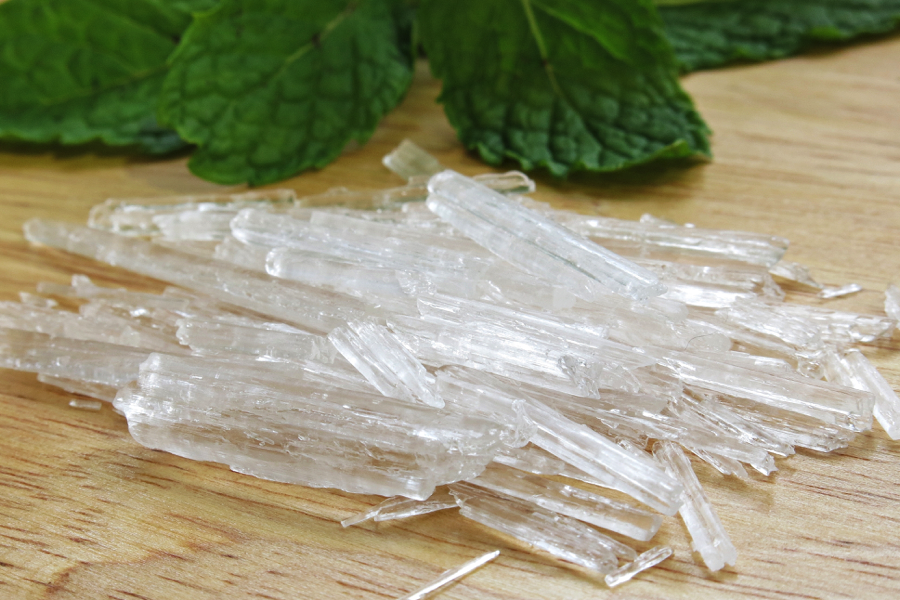What Is Coral Calcium?
Calcium supplements have become very popular and are generally thought to be an effective way to promote healthy bone density. Indeed, calcium does have benefits but it’s important to understand there are various forms of calcium and they all behave a little differently. Some supplements are worthwhile and some are merely the work of scoundrels trying to capitalize on false pretenses. Before you invest in a calcium supplement it’s wise to understand a few things about calcium. What is Coral Calcium? Calcium is available in many forms- calcium carbonate, calcium citrate, calcium orotate, and that just names a few. Coral calcium, a form of calcium carbonate, is exactly what the name implies. It is calcium sourced from fossilized coral sources and is the most common form of calcium on the planet. A small, invertebrate animal polyp secretes a limey substance that hardens into the coral structure. This substance is calcium carbonate. If that description creates questions in your head about the sustainability of coral calcium harvesting, you’re on the right track. Concerns have been raised as to the environmental harm from ravaging irreplaceable coral beds. Is it even worth it? Is Coral Calcium Effective? Calcium in the most simple form is rock, which the human body can’t process. To deal with this, the body has a natural method called “chelating” which simply means that the calcium is combined or “coated with” another material. This other material, which may be an amino acid, is a substance the body can use and process. Chelating calcium with such a substance is done in attempt to make the body use and process the calcium as well. Calcium citrate, for example, is simple calcium carbonate “chelated” with citric acid. The citric acid is considered food by the body, so calcium citrate is more easily absorbed into the body than calcium carbonate. The stomach can also chelate calcium, and does, but, the older we get the less the body can chelate minerals and make them useful. Some forms of calcium, such as calcium orotate, incorporate advanced absorption mechanisms into their structure and may be beneficial for such situations. False Claims of Coral Calcium How effective is coral calcium? Well, it’s hard to say. But, in January 2004, the Federal Trade Commission came down upon some calcium carbonate manufacturers for making improper claims about the abilities of calcium carbonate and making claims that a coral calcium dietary supplement was able to cure cancer, multiple sclerosis, heart disease, high blood pressure, and other serious diseases. The defendants were also reprimanded for claiming that the body absorbs coral calcium better than other calcium supplements. [1] This is exactly why it’s imperative for you to investigate nutritional supplements on purpose and through research, not commercials! To market coral calcium with the promise of it being able to cure cancer isn’t just incorrect and ludicrous it’s immoral. Shame on them. Coral Calcium Research Coral calcium hasn’t provided many mind-blowing advances for the research community. The Department [...]












